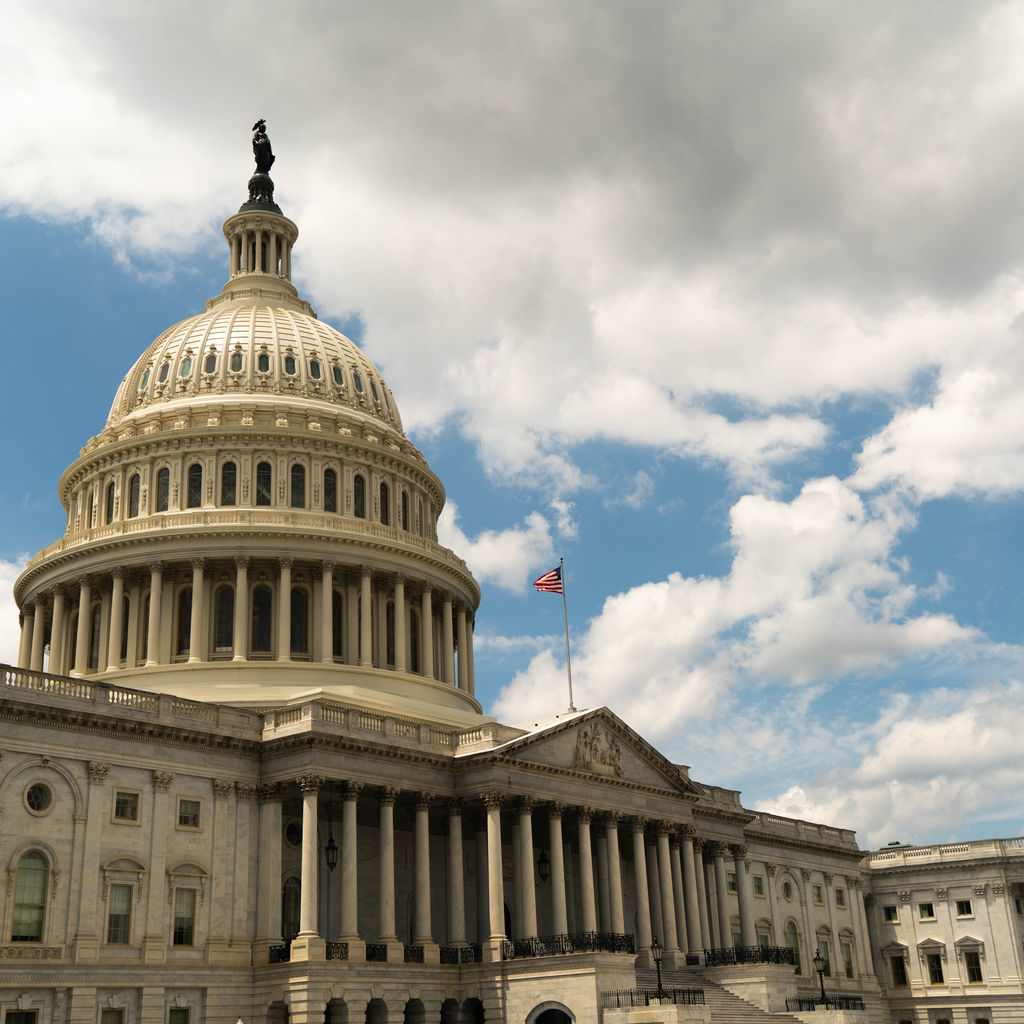TL;DR There are a lot of media stories around immigration provisions in the reconciliation bill. The final version may be completely different or not have any immigration provisions at all. But here’s our analysis for those who’re curious.
The house and senate are negotiating a reconciliation bill. The immigration provisions in the house version of the bill, if they were to pass, could have an impact on business immigration.
Here's a look at what might change if the immigration section does go through as it stands today -
Possible increase in case costs for employers -
- Additional $500 for H-1B and L-1A/B petitions: besides the regular costs for work visas, employers may have to pay an additional supplemental fee of $500.
- $100 increase in I-140 (Green Card - Step 2) filing fee: this is a small increase. The proposed fee will be $800 instead of $700. Note - this fee can be paid by the employer or the employee.
- Additional $500 for E, O and P petitions: similar to H-1B and L petitions, these petitions for people with extraordinary abilities will cost $500 more in government fees.
Possible increase in case costs for foreign national employees -
- Additional $100 for I-130 (dependents): adding an I-130 did not have a separate fee but could cost $100 more going forward.
- $500 to renew your expired Green Card: this fee is for each individual renewing an expired or lost green card.
- $500 for EAD for spouses: this is a new fee that a foreign national needs to pay to get an EAD card.
- $500 for F-1 EAD: this is a new fee that an international student on an F-1 visa needs to pay to get a work authorization document.
Possible relief for Indian and Chinese nationals stuck in the Green Card backlog
Removal of numerical limitation on nationalities
What does this mean?
Green Cards are issued based on a foreign national's country of birth and every country has a numerical cap on how many green cards are issued to its citizens every year. Therefore, people from over-represented countries like India and China would have to wait longer to get a green card versus someone from under-represented countries like Bangladesh and Burma. You can read more about the Green Card Backlog in our other article.
How does this impact Indian and Chinese nationals?
Since citizens of these two countries have to deal with the longest wait times, removal of this limit would mean that people who would otherwise have to wait for 30+ years to get a green card would be able to get it in 3-5 years.
How does this impact citizens of under countries?
Today, citizens of under-represented countries can go from starting a PERM to getting their Green Card in about 2-3 years. Assuming that the total number of visas that are given out every year won't increase, the processing times for citizens of these countries would go up to 3-5 years.
File adjustment of status without priority date being current
What is a priority date?
Simply put, the priority date is the foreign national position in the line to get a green card. The priority date is assigned to the individual after the PERM process (Step 1 of Green Card).
What does this mean?
This provision would mean that an employee or an employer (on behalf of the employee) could pay an additional $5,000 to get the employee a green card more quickly. This also means that if an international student is hired on a STEM OPT (with 3 years), the employer can help get the employee a green card without having to go through the uncertainties of an H-1B.
Family based green cards won't be counted towards the country numerical limit
What does this mean?
This provision would allow family based immigrants (spouses/children/dependents) inside the U.S. to get their green cards without being counted towards the country specific numerical limit.
How does this impact me?
A majority of the green cards that are given out in the employment based green card category are given out to the spouses and children (under 18 years) of the primary applicant. If these green cards are not counted towards this category then there will be more employment based green cards to go around for primary applicants stuck in the backlog.
When will this bill become law?
We hate to be the bearer of bad news but we want to keep expectations straight and help our clients and their employees make decisions with the best possible information. With that said, most likely these measures will not be passed in the senate. Why? Because historically provisions on immigration have remained in flux. We hope things may change this time but it's good to not get our hopes up. Stay informed, yes! But let's wait to celebrate until this goes through.
The information contained here is meant to be informational, and while WayLit has made every effort to ensure the accuracy of the information, it is not promised or guaranteed to be complete. Readers of this information should not act upon any information contained on this alert/blog without seeking professional counsel. This alert does not constitute legal advice or create an attorney-client relationship. Any reference to prior results, does not imply or guarantee similar future outcomes.


.svg)


